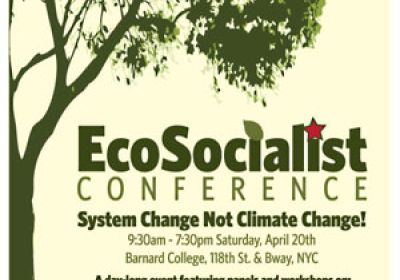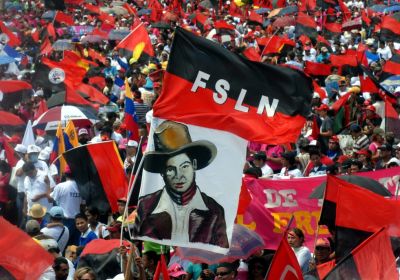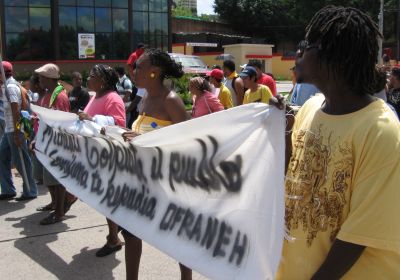
The Ecosocialist Conference, a broad and enthusiastic all-day meeting in New York April 20, took a big step toward creating an anti-capitalist wing of the environmental movement.
The conference was arranged in just six weeks by organizers of the Ecosocialist Contingent in the mass demonstration against the Keystone XL tar sands pipeline in Washington February 17. It was supported by 29 groups who subscribed to the Ecosocialist Contingent statement for “system change, not climate change.”

